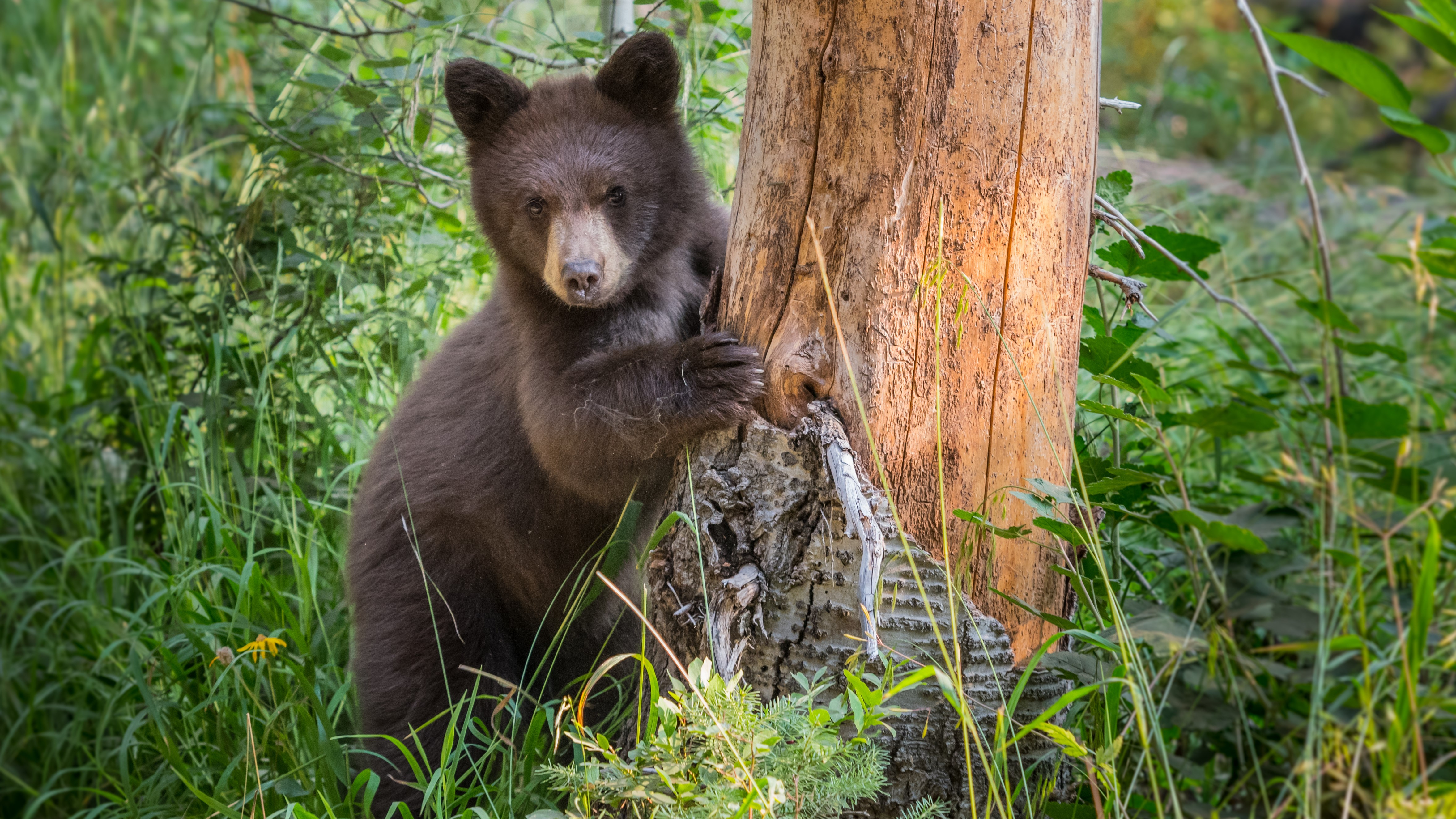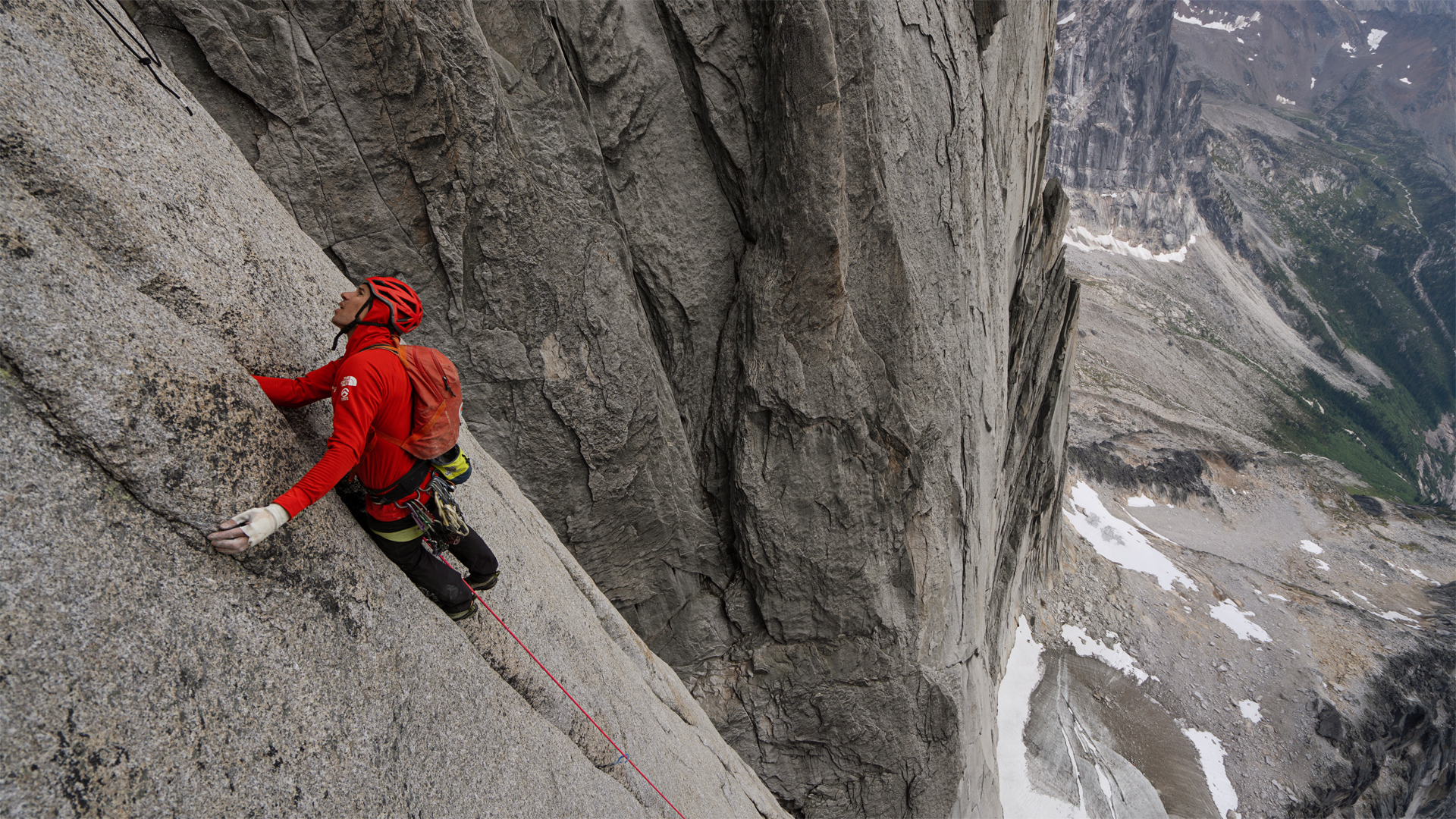
On August 11, a black bear ransacked a backpack left unattended by Phelps Lake, Grand Teton National Park, and devoured the food inside. It's the third time a bear has raided belongings left beside lakes in the park while people were having fun in the water, and now Park Rangers are warning visitors that it needs to stop.
Black bears are naturally wary of humans and prefer to avoid interactions if possible, but they can become aggressive if they feel their source of food is threatened and according to the National Park Service (NPS), almost half of all human-black bear conflicts at Grand Teton have happened around lakes.
On Aug. 11, a black bear at Phelps Lake found an unattended backpack and consumed human food. This follows 3 other recent incidents of black bears accessing human items left along lakeshores while visitors were recreating in the water. Continue reading at https://t.co/lWYTD9VxfU pic.twitter.com/iKHPwqAtE2August 18, 2023
"Travelers from around the world come to Grand Teton to observe wild bears roaming across the iconic landscape," said the NPS in a statement this week. "However, the opportunity to see a bear means that we have an extra responsibility to do our part to protect these animals by properly securing anything that may attract them.
If bears are allowed to access calorie-dense human food, they are likely to seek it out again in future. This is called food conditioning, and can have very serious consequences. Not only does it greatly increase the chances of a person being injured, the bear may need to be euthanized if it becomes a risk to public safety.
"If you observe a bear accessing human items or acting boldly, please report the incident to the nearest visitor center," says the NPS. "The earlier park officials know about the bear’s behavior, the more options the park has to prevent further human-bear conflicts and avoid having to lethally remove the bear."
Avoiding food conditioning
The best way to protect bears is to prevent them reaching your food at all by following instructions set out by the NPS. It's essential to properly store items that could smell interesting to a bear, including food, cooking gear, pet food, toiletries, and anything else with a strong scent.
You can store items in the trunk of a locked hard-sided vehicle, or in a bear box provided by the park.
Advnture Newsletter
All the latest inspiration, tips and guides to help you plan your next Advnture!
"If you recreate at one of the park’s lakeshores, make a plan for what you will do with your food items," says the NPS. "You could opt to designate someone to stay with your food items or leave them in your closed vehicle. Remember to never leave your backpack farther than arm’s reach at all times."
For more advice on hiking and recreating safely in bear country, take a look at our guides what to do if you see a bear on the trail and wildlife safety: eight tips for unexpected encounters.
- The best binoculars: enjoy watching wildlife from a safe distance

Cat is the editor of Advnture, She’s been a journalist for 15 years, and was fitness and wellbeing editor on TechRadar before joining the Advnture team in 2022. She’s a UK Athletics qualified run leader, and in her spare time enjoys nothing more than lacing up her shoes and hitting the roads and trails (the muddier, the better), usually wearing at least two sports watches.
